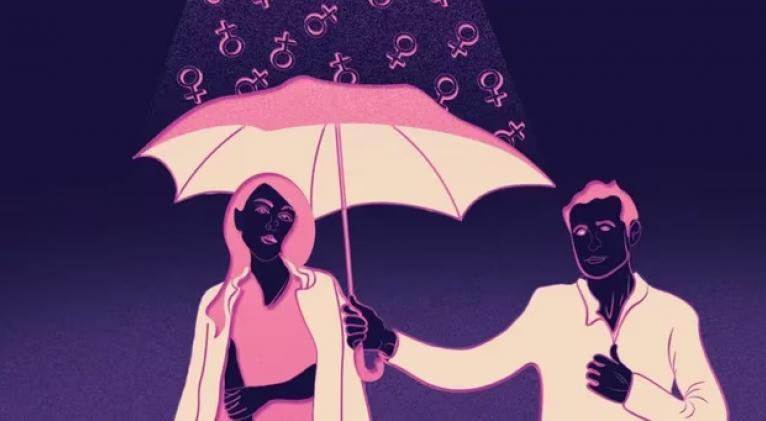Has chivalry gone out of style?
especiales

Chivalry is a human "virtue" under discussion these days. Some complain that it has been lost, others look at it with suspicion and, in any case, we bet on changing certain codes, to erase the quota of sexism and machismo hidden with it. However, one does not stop wondering: is it possible?
We asked Yadán Figueroa Felipe for his opinion, a man who studied Agricultural Engineering, and currently works at the Martin Luther King Memorial Center. In addition to it, he has been trained and informed on gender and masculinity issues.
—The Royal Academy of the Spanish Language states that chivalrous is «Befitting a gentleman, due to his kindness, detachment, courtesy, nobility of mind or other similar qualities»; So tell me: do you consider yourself a chivalrous man?
—It is very difficult to talk about yourself. In fact, it is one of the hardest exercises carried out in spaces of collective building in which we have been involved, but by trying to answer your question, I would tell you that I always try to cultivate those human qualities, understanding that they are not exclusive to men, although I personally prefer to use other broader and more inclusive terms than chivalry: solidarity, empathy, affection, etc.
—How much sexism is there in the traditional way of assuming this concept?
—The origin of the term speaks for itself. The figure of the knight is attributed to medieval men dressed in armor and with swords on horses, rescuing princesses or slaying dragons. This means that the practice is mainly associated with men, due to their condition of strength, security, and the traditionally assigned role of protectors. Chivalry is projected, mainly, towards the female sex and age groups such as old women, old men, girls, boys, etc., and in only one direction. That is, men are not recipients or beneficiaries of that chivalry.
«Having said that, I consider that chivalry, assumed as a condescending and subjectively positive way towards women, can strengthen gender inequalities, and also constitute a form of prejudice, exclusion and hegemonic domination».
—Can you be chivalrous without hiding a certain machismo?
—I think so, but to achieve it, we must dismount from the horse to be all at the same level, put aside the armor and the sword, recognizing that we are not stronger and that, in addition to giving, we also need affection, solidarity and empathy, wherever it comes from.
—Is chivalry between men possible?
—Of course. But here we also find manifestations of discrimination, sometimes even more visible. It is more difficult to see signs of affection, assistance, empathy between men with different sexual orientations or gender identities.
«We can also have erroneous interpretations about chivalry between men. For example, when we go down the street and ask a man for permission to talk to his couple, ask the time, etc., we are completely making the woman invisible as if she were a pet or an object".
—How to understand this virtue in light of more liberated or unprejudiced masculinities?
—I am not afraid of the use of the word, as long as it is assumed as a virtue, stereotypes around it are deconstructed, and it can be practiced and enjoyed by all people. To make it happen, both men and women must give new meaning to words, get rid of prejudices and discriminatory patriarchal cultural constructions, including the Royal Academy of the Spanish Language, created and perpetuated, generally, by men, and, on occasions, it can be male-chauvinist.
Translated by Sergio A. Paneque Díaz / CubaSí Translation Staff














Add new comment